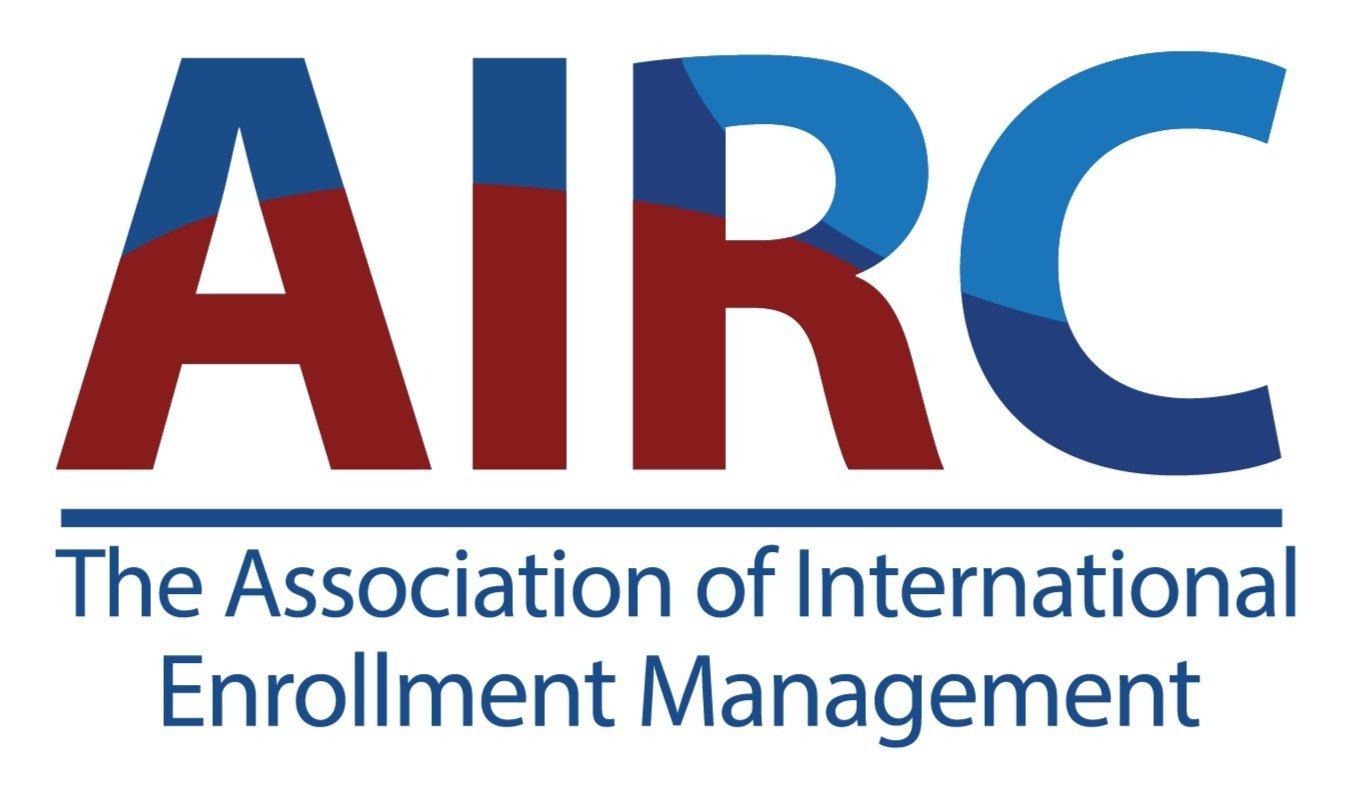The role of an online exam proctor has changed over the last few years. PeopleCert specialists Dionysios Melles and Ioannis Terezakis explain why their work is critical to every candidate’s success.
How does someone become an online exam proctor?
Ioannis: You need to have some core competencies to get started. Firstly, you need to be able to speak fluent English because delivering an online service is a global business. Secondly, you need to have a strong customer service mentality, an eye for detail, and some essential soft skills such as the ability to communicate effectively with a wide variety of people.
The role is all about helping people succeed and complete an online proctored (OLP) exam in fair conditions. This means ensuring people follow the examination rules and making sure things go smoothly for them. While we will spend time troubleshooting technical problems candidates encounter, mostly we are there to provide support and put people at ease. Taking an exam is stressful and it’s our role to help people feel comfortable and prepared so they can do their best.
Has the online exam experience changed since you started in the role?
Dionysios: Yes, it has. Covid-19 has forced people to adapt; they are more invested in the process of online exams and the market is growing quickly.
As a result, the tools for invigilating exams have improved to keep up with increased demand and this has made the process of invigilation much smoother. Our own proprietary online exam technology f.i., protects the privacy, security, and value of online exams with anti-fraudulent features and comprehensive data and reporting. This means we can give more personalized assistance to candidates and deliver a more complete package to people, no matter where they are taking their exam.
What does an online proctor do to make the exam process better for candidates?
Ioannis: We make sure all the practicalities are in place and the exam goes to plan on a technical level. But really our role is about creating a positive experience, so people can focus on what matters most – doing their best in their exam and achieving the outcome they need. To do this, we’ll often provide guidance ahead of the exam and give them the confidence of knowing that we are there to help them achieve their goals.
What advice would you give candidates - both in advance of taking their exam and on exam day itself - to be well-prepared? What are the mistakes to avoid?
Dionysios: Read the manual! It sounds obvious but it will help you prepare and know what to expect on the day. There won’t be any surprises then and you can focus on demonstrating your new-found knowledge. I’d also recommend trusting the system, which includes being respectful of the process. Some might think because it’s an online process they can cheat the system. But really, it’s a human-centered process and it’s not worth taking the risk.
Why do you think exam takers appreciate a digital first approach? Do you see this as part of a wider trend across the skills accreditation and education industries?
Dionysios: I think we will see more online exams in the future. Right now, we’re proving the model works, but we have already seen exam takers adapt with ease and speed and increasingly choose the online option over alternative ones. There are two things that people want: simple access and a feeling of being at ease. Provided you have a stable internet connection and a quiet, secure location to take your exam, you can do an exam anywhere in the world, at any time you like. This means that you can make your exam fit around your schedule and lifestyle and means you don’t have to get to a test center you’ve never been to before at 7:00am. It’s far less stressful.
But it’s also more accommodating to your personal needs. It means that people facing mobility issues don’t need to worry about getting to a test center anymore. The obstacles of taking time off work or school to take an exam or the financial cost of transport become a thing of the past. If you want to have your pet nearby to calm your nerves, you can. Equally, you could have your new-born baby with you. It’s these human aspects that make online exams more appealing and accessible.
What's the most satisfying aspect of OLP for you?
Ioannis: I love receiving the feedback that I have helped people overcome problems and feel comfortable taking an exam, regardless of whether they pass or not. Giving people a positive experience of online exams is really important to me. I also like to know I’ve helped them on their journey to travelling the world or getting a better job. Not many people can say that.
Dionysios: Serving a global audience is exciting. It’s broadened my appreciation for culture and how I need to adapt my style and approach accordingly. For example, in Japan they love a very personal service; in India I need to deliver a more courteous experience while, in the US, they are very free-spirited. They just want to get on with the show! There isn’t a job like it.
About LanguageCert
LanguageCert is a leading provider of English language assessments for people of all ages and needs. Our portfolio includes the International ESOL 4-skill exam which is accepted by institutions and government bodies as evidence of English language proficiency in over 80 countries. We are committed to developing and delivering high-quality, internationally recognized language exams that enhance the career, education and life prospects of individuals worldwide. As part of the PeopleCert group, we have delivered over millions of exams to date in over 200 countries and are pioneers in online, live, proctored exams.
To learn more about LanguageCert, please visit languagecert.org.
